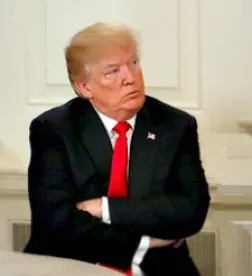On January 27, 2020, the Supreme Court of the United States ruled 5–4 in favor of allowing the Trump administration to begin applying its revised public charge rule. The rule’s implementation was blocked in October 2019 by preliminary injunctions issued by a handful of federal judges.
The final version of the public charge rule defines a “public charge” as an alien who receives one or more public benefits for more than 12 months in the aggregate within any 36-month period. The Trump administration’s public charge rule requires that immigration officers take an expansive look into the private details of certain foreign nationals—including those applying for green cards or seeking to change or extend their nonimmigrant status—to determine an individual’s likelihood of becoming a public charge. A public charge determination may be used to deny immigration benefits.
Moving Forward
It is unclear how soon the Department of Homeland Security (DHS) will begin to enforce the new public charge guidelines. DHS had previously issued a series of new and revised immigration forms to be used in conjunction with the rule. It is not yet known if the department will use those forms as originally planned or issue updated forms. The instructions for the forms required a significant amount of additional documentation to be submitted, including evidence of household income, credit reports, and health insurance. In addition, it is not yet clear whether the Department of State will implement the version of the public charge rule that was put on hold pending the outcome of the injunctions, or will issue a new version with any revisions.




 />i
/>i

